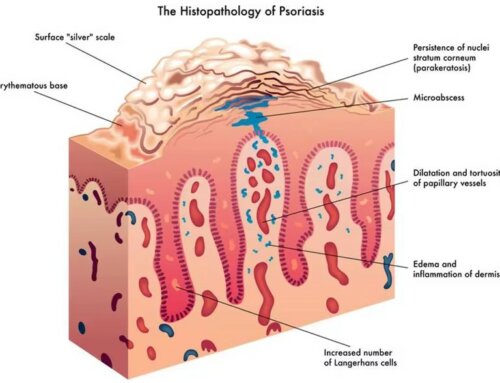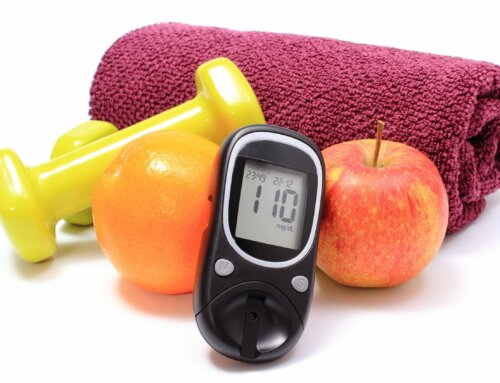Up to 5 million women have polycystic ovarian syndrome. Of these women, more than 50 percent of them will have diabetes or pre-diabetes by the age of 40. Discover more about polycystic ovarian syndrome and its link to diabetes.
- Polycystic ovarian syndrome (PCOS) can affect a woman’s blood vessels, heart, hormones, menstrual cycle, appearance and ability to have children. Most women with PCOS have high levels of androgens (male hormones) as well as small cysts (fluid filled sacs) on their ovaries and irregular or missed periods. PCOS can occur in females as young as 11 years old.
- The causes of PCOS are still unknown, but genetics may play a role. A hormonal imbalance is the major underlying problem with PCOS. Insulin is believed to be linked to PCOS. Insulin is the hormone that transports sugar into the cells for energy for the body to use or store. Women with PCOS have trouble using insulin and often over produce it. This can increase the production of androgen, leading to weight gain, ovulation problems, acne and excessive hair growth.
- Symptoms of PCOS include irregular menstrual periods, heavy bleeding during periods, increased hair growth on the body, infertility, acne, ovarian cysts, thinning hair on the head, skin tags, pelvic pain, depression or anxiety and sleep apnea. Other symptoms include furry, thick, dark brown or black skin patches on the arms, back of neck, thighs or breasts. Diseases associated with having PCOS over time include diabetes, heart attack and stroke; these can increase as a woman gets older.
- There is no specific test to diagnose PCOS. Your doctor will inquire about your medical history, including weight changes, menstrual period and genetic history. The doctor will measure your body mass index (BMI), waist size, blood pressure and do a pelvic exam to check for swollen ovaries. Blood tests should be done to check your glucose and androgen levels. The doctor may want a vaginal ultrasound to take pictures of the pelvic area to check for ovarian cysts and examine the lining of the womb.
- There is no cure for PCOS and it must be properly managed to prevent additional health problems such as heart disease or diabetes. Lifestyle changes are usually recommended as most women with PCOS are often overweight or obese. Losing from 5-10% of your existing body weight can help tremendously. To lower blood sugar levels, limit your intake of processed foods and sugary snacks. Choose lean meats, whole-grain products and plenty of fruits and vegetables. Eat low-fat dairy products. This can improve your body’s use of insulin and help normalize hormone levels in your body. Eliminate alcohol or limit your intake. If you smoke, it is time to quit. Talk to your doctor about a healthy exercise regime. Usually women are advised to exercise at least 20-30 minutes daily. Start by taking a walk and wear an Omron pedometer to gauge your progress. Walk a little longer each day to help you lose weight and get healthy.
- Your doctor may recommend birth control pills to reduce androgen levels, control your menstrual cycle and help get rid of acne. Another option might be a pill with progesterone, such as Provera. Metformin, a type 2 diabetes oral medication, is often recommended to lower insulin resistance and glucose production by the liver. For those looking to get pregnant, fertility medications may be administered or IVF (in vitro fertilization) may be recommended. Anti-androgens might be prescribed to clear acne and reduce body hair growth. Ovarian drilling, a type of laparoscopic surgery, might also be recommended to PCOS patients. Bariatric surgery has been shown to help resolve PCOS in morbidly obese patients. Researchers continue to look for new ways to treat PCOS to help women avoid related health conditions such as diabetes, high blood pressure, high cholesterol and heart disease. Those suffering from anxiety or depression may be prescribed anti-depressants or advised to consult with a counselor.
Proper lifestyle habits can reduce the symptoms of PCOS and minimize the possibility of developing other health conditions such as diabetes and heart disease. Exercising, eating a healthy diet, losing weight and visiting your doctor regularly can make a big difference in you overall well-being. Proactive patients can even reverse the effects of PCOS.







Leave A Comment